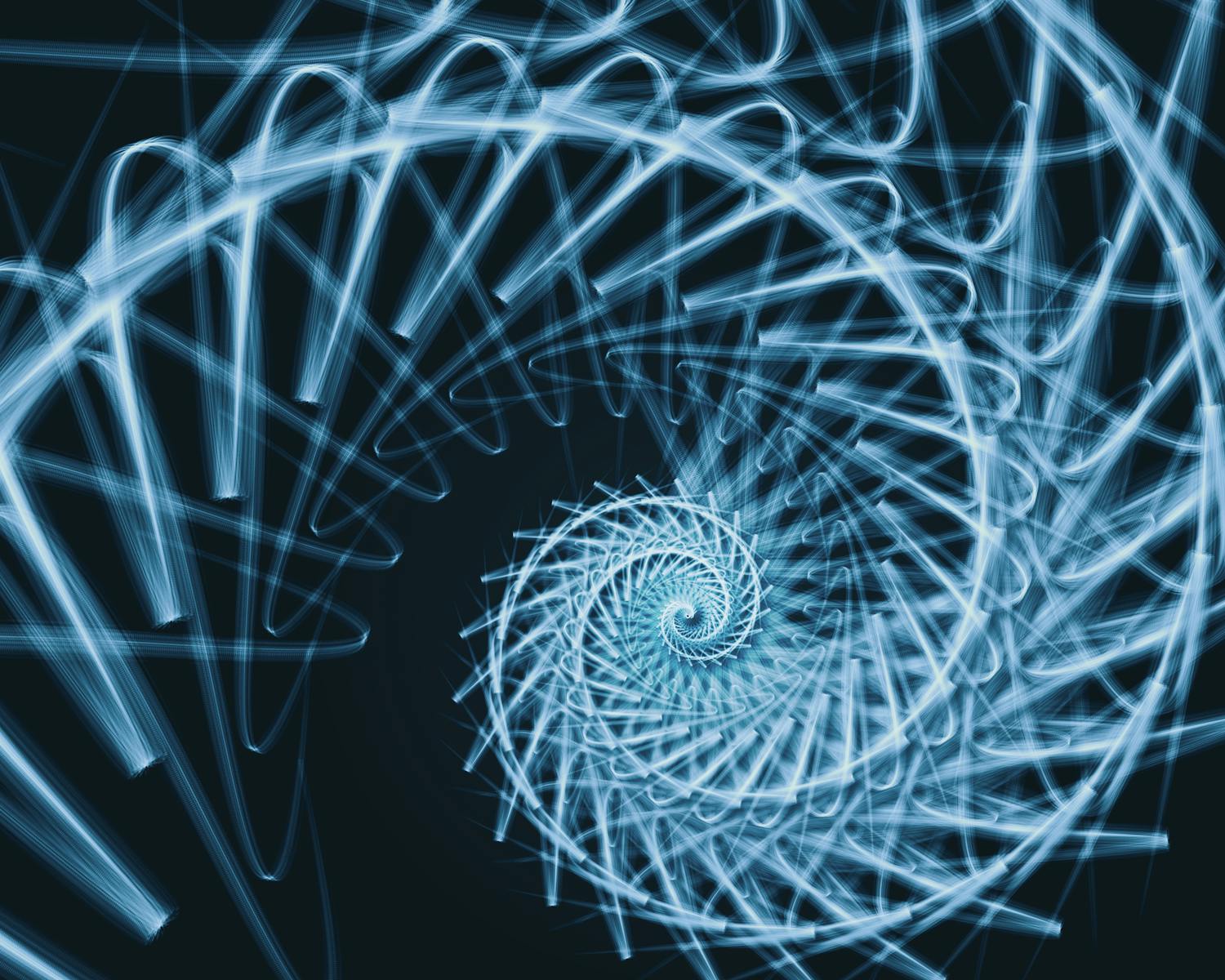What is happiness if it’s not being totally enraptured by the moment? The moments we experience happiness are perfection. To downplay our deepest desires for perfection is to hold ourselves in a type of mental purgatory. To say perfection is unattainable is to deny the driving force of the human race, in which every person seeks their own perfection no matter how mundane or imperfect their lives may seem to a third-party.
As a person becomes more aware of their own limited perspective they are often driven to pursue perfection in their own way. This pursuit takes different forms and I expound upon some of these forms below. Ultimately, an honest pursuit–no matter the path–leads us “back home”, to a pre-conditioned perception of reality and the experience of the only form of perfection that is available to us. That perfection is being fully alive–or completely present–in the moment. It is a state of bliss that does not rely on external circumstances for its upkeep. It is the seeking of this state that drives all human endeavors, yet ironically, this pursuit takes us back to the beginning of our lives — to before we sought the state and to when we had it.
This article is an attempt to describe the nature of the pursuit of happiness. I start with describing what I feel are some universally human obstacles to attaining happiness. The first obstacle is when we attempt to find understanding of reality–and thus happiness–intellectually, for a willful the seeker this path is eventually abandoned once it is realized to be futile. I call the first obstacle the symbolic pursuit. The second obstacle involves an attempt at escaping our past instead of confronting it, this path is again recognized as futile for the serious seeker. I call the second obstacle the pursuit to escape the past. Once the seeker of happiness realizes the futility in both rationalizing reality and attempting to escape the past, the true pursuit of happiness begins as the internal pursuit or the path of the heart.
The Symbolic Pursuit
To avoid confusion, my use of the term “intellect” within this article is not insinuating that a person needs to have a mastered a particular form of intelligence that is so highly esteemed in society. By intellect I simply mean a person’s symbolic and abstracted comprehension of reality. Everybody has a level of intellect, no matter how simplistically it may translate to a scholar. The intellect, though practically useful, is by no means able to directly perceive reality and in many ways can become a hindrance to the direct perception of reality. This direct perception of reality is necessary to have a truly happy existence and is–in so many ways–also practically useful.
For many, the seeking of intellectual perfection is so pervasive and energy-consuming that a direct perception of reality ends up becoming hidden within ever-growing layers of symbolic puzzle pieces. For them, the seeking of intellectual perfection has become an addiction, their thoughts never stop long enough to realize anything beyond them. This is not to say that a person should not continue to expand their intellect, it is simply to say the intellect is not the only–or even the most illuminating–means by which reality is able to be perceived. A person who comes to realize the abstracted and limited nature of the intellect comes to a place in which reality can then be perceived directly. It is from this direct perception that a sense of perfection can be perceived, this sense of perfection is often described using adjectives such as joy or bliss.
Mistakenly, we most often seek perfection in our intellectual understanding of reality instead of a perfect understanding through a direct perception of reality. And while the pursuit of knowledge is laudable given the right intention, as long as we seek the understanding of reality using only the intellect, we unintentionally create an ever more complicated mental labyrinth for ourselves. As the intellect can never have a complete and perfect understanding for it is based entirely upon the abstracted nature of language–whether that language is English, Latin, or Math. Intellectual perfection is attained once it is realize that the intellect lacks the capacity for direct perception and the seeking of the understanding of the moment through symbolic means subsides. This is again not to say that expansion of the intellect is not useful. I am simply attempting to point out that it is not our intellect that enables us to experience the truly beautiful moments of life. And in many cases, the intellect–if not properly used–can significantly subtract from our overall sense of well-being.
The Pursuit To Escape The Past
Inevitably–at least, for a period in our lives–most of us succumb to a view of life as forever overcoming obstacles. As we overcome obstacles we become identified with the experience and hold on to ideas about who we are. During this period–which can be the majority of our lives–we create a “buildup” of emotional debt tied to our experiences. This emotional debt takes the form of our internal obstacles, ultimately leaving us stuck in a cyclical pattern between our perceived external and internal obstacles.
This internal debt creates a barrier between our past and our present and future. We see the present moment through the lens of our past, and by default this places limitations upon our future. Because we see our current reality through the lens of our past we act upon the present with the same behavior that we always have, thus creating a similar future for ourselves. In a way, during this cyclical period of life, we have found perfection, as life seems to align itself perfectly with our conditioned notions of reality.
For some, there comes a point where life becomes too energized, too serious, too overwhelming. At this point–or more commonly, immediately following it–they have a momentary perception beyond their own conditioning into the unconditioned reality. Their lens is temporarily wiped clean. This is the moment where it is realized that perfection has been sought incorrectly, in fact it has been sought in a way diametrically opposed to actually finding it. It has been sought externally instead of internally.
The Internal Pursuit (The Path of The Heart)
Those who have a moment of clarity and realize they are not perceiving reality directly begin a new pursuit of perfection. This pursuit entails the removal of the obstacles to experiencing reality directly. This pursuit does not entail, as might be construed, a “dumbing” down of the person intellectually. All that was gained in the intellectual pursuit remains with the person. It does however, entail a re-evaluation of the importance and proper use of the intellect. The intellect is now seen as a tool to be used towards the pursuit of a deeper perception of reality and not as the ultimate gatekeeper to perceiving reality. The internal pursuit takes the person through a series of intellectual realizations as the person becomes more and more anchored in what is probably best described as the natural or non-conditioned state.
Weighty repressed emotions begin being stripped away. Formerly imbedded intellectual concepts are realized to be unnecessary in the pursuit and lose their emotional tie ins and their need to be defended. The individual going through the internal pursuit begins to experience a “lightness” to life as experiences of joy become more and more commonplace. The pursuit goes through many cyclical phases, there may be depressed periods as old repressed emotions bubble to the surface. But ultimately the seeker comes to the realization that even the difficult experience along the internal path are necessary and that after the tough parts they will feel even lighter.
There can still be a long period of struggle for the person as the habitual patterns of emotional repression and over-intellectualization can be imbedded quite deeply. Through attempting to be aware as possible in each moment, the person can learn more about their mental conditioning in order to “detangle” themselves from it. In this way, each person’s journey is very much their own–as each person has developed a uniquely conditioned mind. Over time their mind becomes quieter and their body becomes more relaxed, thus the person experiences more and more physical energy throughout their days. Many people remember their passions for creative activities that had been long forgotten such as playing music, painting, or writing poetry. The person also experiences more confidence in their innate abilities which become more pronounced. As such, many people end up starting their own businesses or trying to serve the community in more impactful ways. There are a host of other positive and practical attributes that come along with the path of the heart, but I will save them for a later post.
The Finder Of Happiness
The person on the internal path inevitably finds that true source of happiness is within them — as cliché as the phrase has become. Over time, more and more daily activities become joyous as it is realized that the activity itself holds no bearing upon the sense of bliss that comes solely from within. There’s less and less need to look forward to the future or back to the past in anticipation or in longing to find a sense of well-being.
The internal state of the person seems to flow outward into everything they do. People they meet are greeted more warmly and over time everything in their life becomes aligned with their inner state. The pursuit of happiness has ended as happiness has been found, it was just covered up all along. The person’s work aligns with a deeper purpose that is along the lines of helping others find their own inner perfection and peace. This work manifests in many different ways depending upon the propensities of the individual. So, for the seeker who finds, life becomes filled with happiness and bliss.




